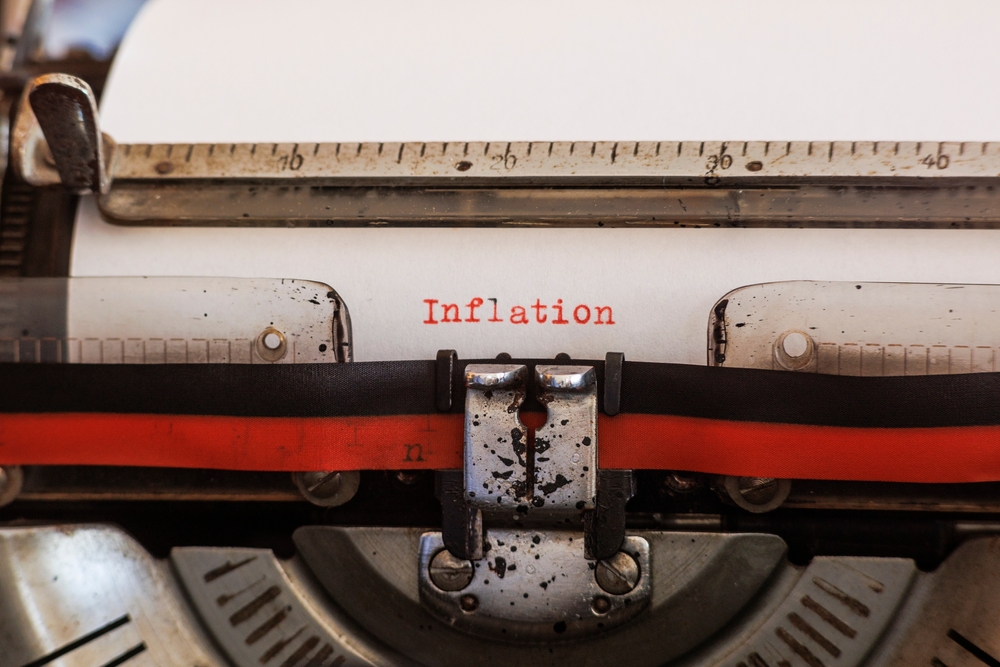Tue Sep 13, 2022
Inflation Re-climbs in Germany
According to data released by the Federal Statistical Office (Destatis) today, the consumer price index (CPI) in Germany increased by %0.3 in August compared to the previous month, reaching %7.9 on an annual basis, in line with market expectations. Thus, the headline CPI once again tested the 70-year peak in May.
Looking at the details of the report notified by Destatis, it has been underlined that the main reason for high inflation is still due to price increases in energy products and food. In addition, it was also emphasized that bottlenecks due to interruptions in supply chains and uncertainties in the economy also put additional pressure on inflation.
When we look at the sub-items, the increase in the food and non-alcoholic beverages group in inflation by %15.70 on an annual basis was the main driver, followed by housing and energy with %11.50, household goods at %8.30, restaurants and hotels at %8.10, and entertainment and culture with %6.50.
In the groups with the highest monthly increase, food and non-alcoholic beverages took the lead with a level of %1.50, while housing and energy, clothing and footwear, with a %0.80, and restaurants and hotels with a % 0.50, had a share in the headline inflation.
The Destatis report reveals that price pressures are widespread, with transportation costs driven by rising energy prices in Europe as a result of the sanctions duel on the West-Russia line following the war in Ukraine.
In addition, as a result of the recent increase in coronavirus cases in China, the implementation of lockdown measures in some important cities seems to have caused disruptions in supply chains.
On the other hand, the weak euro is a sign that inflation is not far from its peak yet.
